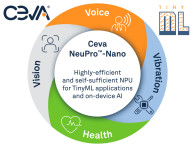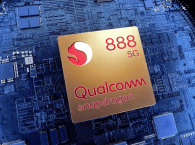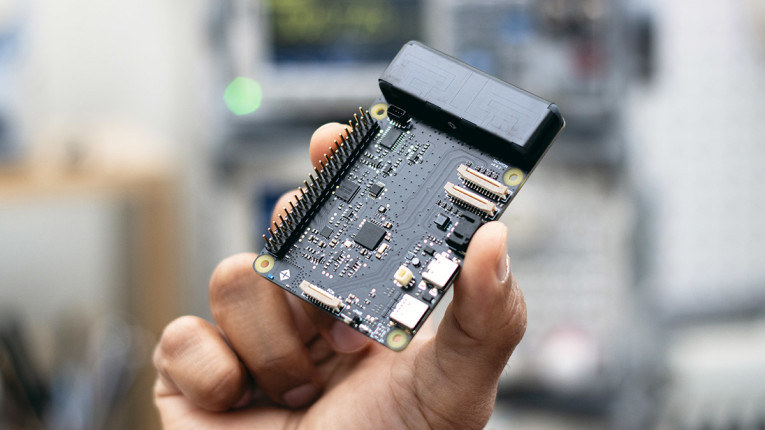
Offering a new SBC with an AI accelerator, Tachyon makes the power of a modern smartphone with speedy hardware, accessible to all developers who are working on edge-to-cloud applications. And on a Linux-based environment, that doesn't depend on the insecurity and instability of Android and is designed to keep applications private and secure without sharing data with anyone just to get "free services".
As Particle confirms, the new solution was designed to meet demand for AI-enabled edge solutions, which are exploding and driving the need for powerful devices and platforms. Offering rich peripherals, robust AI and graphics accelerators, and wireless connectivity make up some of the device requirements, powered by open-source software and a vibrant development community.
"Any engineer or technically minded person should have access to the building blocks of a modern smartphone, but that's not the case right now," says Zach Supalla, the founder and CEO of Particle. "5G connectivity and AI accelerators are limited today because they’re not democratized; only a few large players have access to the bleeding-edge technology that will power the next wave of connected devices. Exploration is the beginning of the innovation cycle, and we want Tachyon to enable that spark of imagination to take root."
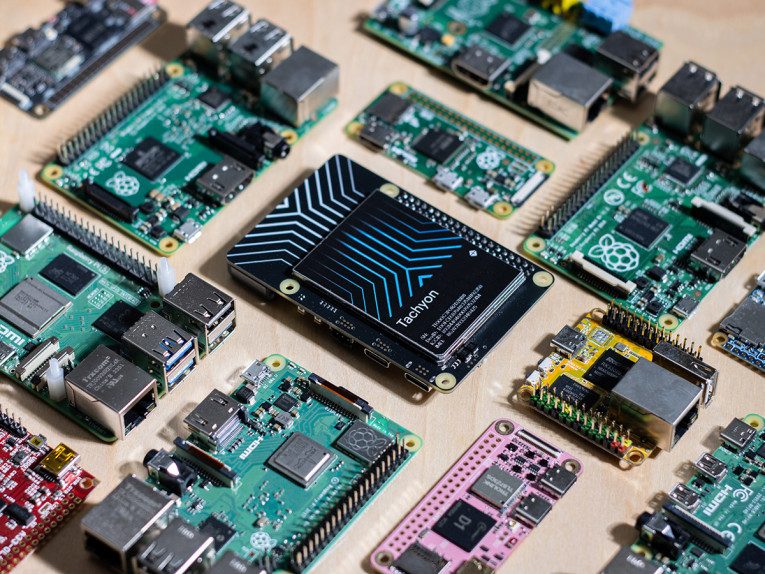
Particle is known for pioneering accessible connected products and tools, starting 10 years ago with its record-breaking Kickstarter projects for the Spark Core and the Electron. The company now powers hundreds of connected products from household-name brands like Jacuzzi, Trek, and Anytime Fitness. Particle also says that Tachyon is just the first in a new line of IoT modules.
Offering a device that can handle intense AI/ML workloads while supporting broad-base wireless connectivity, all at an affordable price, this Raspberry Pi-compatible SBC makes it possible for anyone — whether shipping at scale or for personal use — to create remotely-deployed AI-enabled connected products.
Particle's new Linux-based connected SBC is powered by a Qualcomm Snapdragon system on a chip (SoC), and marries the speed and efficiency of modern computing with the limitless range of high-bandwidth wireless connectivity, all in a compact footprint. The Tachyon SBC features an octa-core Qualcomm Kryo CPU (1x 2.7GHz, 3x 2.4GHz, 4x 1.9GHz), 5G cellular connectivity and Wi-Fi 6E with on-device antennas. The embedded AI and graphics accelerators include a 12 TOPS NPU and Adreno 643 GPU, plus 4GB RAM and 64GB built-in (UFS) flash storage.
The Tachyon is also computer vision ready with 2x CSI 4-lane with ISP, supporting 20+ different camera sensors (e.g. IMX519, OV13850) up to 25MP. To support all sorts of peripherals, the board offers USB-C 3.1 PD with DisplayPort, 1x 2-lane PCIe Gen3 (NVMe compatible), and DSI 4-lane up to 1200x2520 resolution, plus external power and built-in battery support. The Tachyon can be powered by USB-C, DC input or lithium-ion battery with a built-in battery charger.
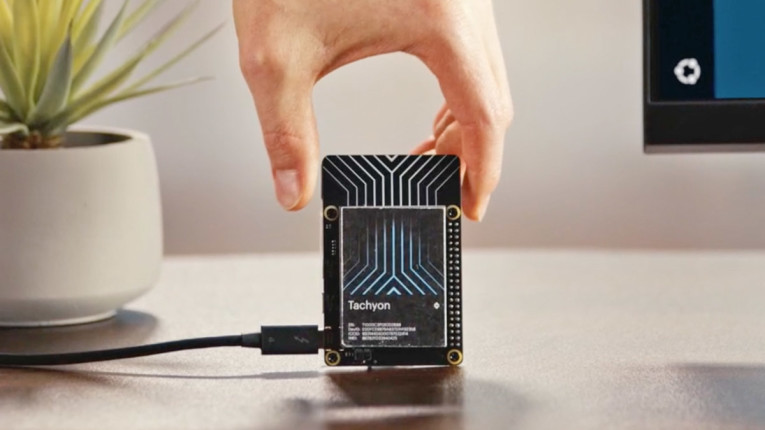
Tachyon's credit card-sized form factor is also designed with modularity in mind. USB-C ports provide connectivity to a wide ecosystem of cameras, displays, and sensors, and the integrated antennas provide a plug-and-go experience from initial setup through commercial deployments.
Particle already offers a complete platform for edge-to-cloud solutions used by thousands of companies, and 250,000 developers. The company also developed its own Device OS that runs on all Particle devices and connects to the Particle cloud. This operating system abstracts hardware and connectivity away to make it easy to write powerful edge software applications.
www.particle.io




